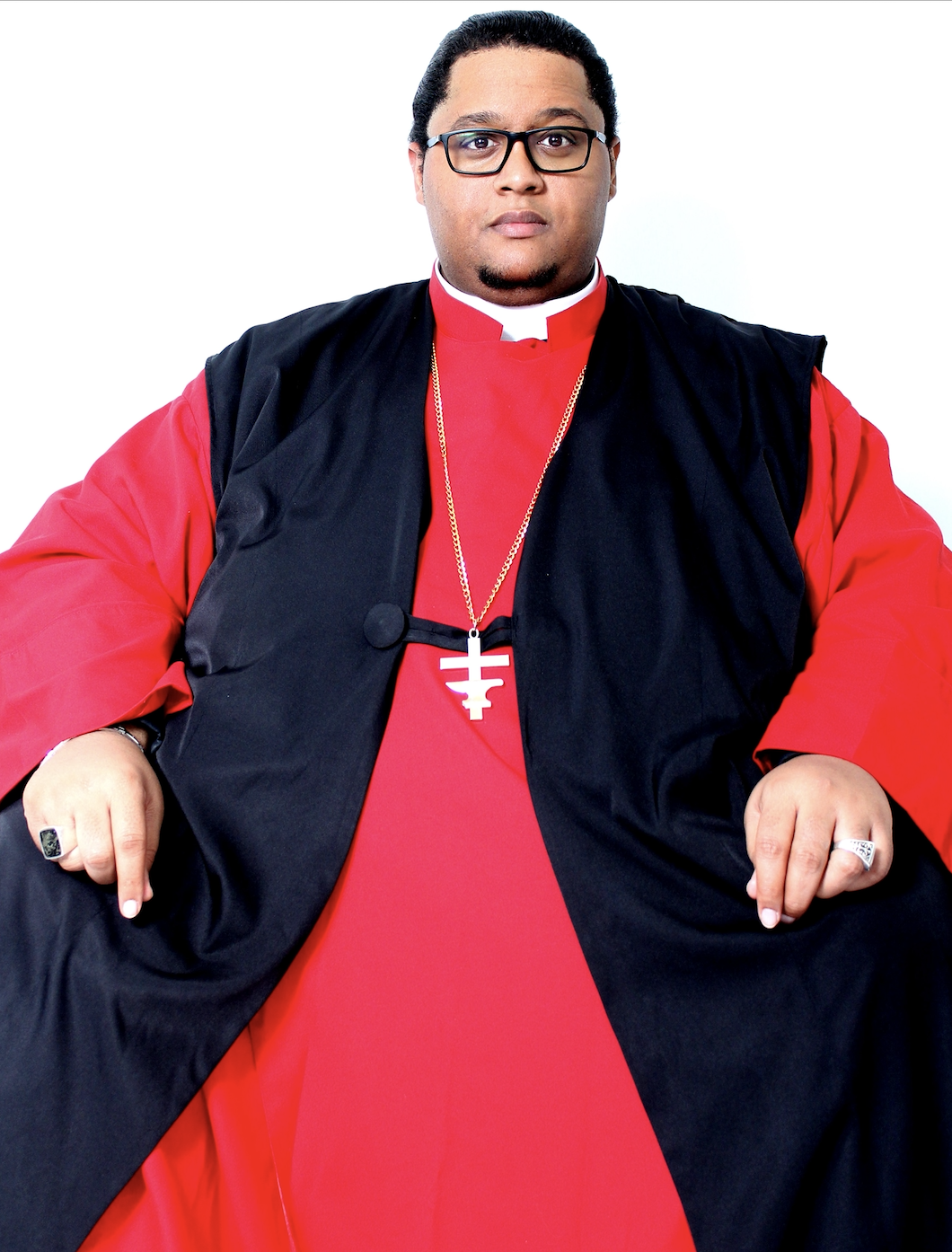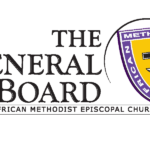The Divine Drama of Preaching Through Chosen Personality
By Dr. Brandon A. A. J. Davis, Contributing Columnist
Since the inception of this global pandemic, one of my areas of concern has been the black preacher and how they’re adjusting to preaching without the benefit of call and response. A lot of thought surrounding this subject has led me to have a conversation that is multifaceted and needed as preachers continue to wrestle with the mental, spiritual, emotional, and physical fatigue of pandemic preaching.
The reality of social media preaching, teleconferencing, and prerecorded sermons have—in many ways—caused an emotional strain on the preacher, often triggering a weight of mental exhaustion. For some, it has caused spiritual ineptitude as it relates to the preparation and delivery of sermons.
As pastors, we are called to shepherd God’s flock. We are also called to bless the culture we inhabit. Yet, how do we respond to a global crisis from the pulpit without the response of the people?
What we’ve learned since the inception of this devastating virus is the need for sound and intentional preaching that transforms the soul, encourages the heart, and solicits a response. My colleague, the Rev. Ernest F. Ledbetter, III, the pastor of the Historic Mt. Pisgah Missionary Baptist Church in Chicago, Illinois, stated: “While it is impossible to gauge the emotional and spiritual reactions of the people during the preaching moment, through the use of Facebook, the hearts, likes, and comments let me know rather [sic] or not I should lift a point higher, move forward, or if there, close harder.”
The close for the black preacher has always been the selling point of the sermon. It is indicative of the spiritual connection between God and the proclaimer. It is a personal expression of both joy and excitement as revealed in God’s Word. The call and response of the congregation heighten the moment and makes alive the lived experience of both preaching and the dramatic or spiritual expression of closing the sermon.
Preaching in the African American tradition has been defined in many ways from liberation to the exposition of the gospel message from the lips of a called, enslaved, oppressed, and subjugated people. It is a dichotomy of storytelling and rhetoric with a centralized theme that inspires hope, demands justice, and offers salvation.
Professor Isaac Rufus Clark called it “divine activity.” For 28 years, he taught students including our Senior Bishop Adam Jefferson Richardson, Jr., and my homiletics professor the Rev. Dr. Fedrick A. Wright in the substance and methods of preaching at the Interdenominational Theological Center of Atlanta, Georgia.
Professor Clark posthumously shapes my critical analysis of this sacred work by framing some of the main and centralized themes of preaching. First, preaching is to proclaim or announce the will of God in response to contemporary issues.
Secondly, preaching is the Word of God, not as the Bible itself but rather “God with us” which translates as the “is-ness” of God through the preached word. Therefore, preaching is not merely human oratory. It is the divine drama that involves every aspect of the character of God expressed through a chosen personality.
This significance of feeling, emotion, and thought regarding the business of preaching and the use of call and response is tied inexplicably to culture. Homiletical geniuses such as Gardner Calvin Taylor believed that for the preacher, “the sermon should [be] like a sonnet for a poet or the song for the lyricist. Words not only communicate concept and convey ideas, but under God’s grace and through the spirits enablement, words disclose worlds and unleash power when they are used in the right way at the right time, with the right intentions.” While every preacher preaches different from start to finish, the work of preaching is indeed a divine activity that demands a response from the people.
Preaching in the African American context is more than over-emphasized, emotional rhetoric infused with a musical-styled oration, set to a tune, rhythm, and rhyme, backed up with a vocal and instrumental response. Preaching in the Black Church context is sacred work. Our rhetoric awakens a sense of the holy and it testifies to the power of God.
Call and response represent the authenticity of the Black Church and culture. Its historical symbology created routes to freedom for enslaved people and illuminated the hope of salvation as revealed in God’s Word.
Despite the looming circumstances, preaching is still essential to the work of salvation. We must simply find ways of responding to the call of the preached word while at the same time being cognitive of health and safety measures. More than ever, we need the preacher as well as the response of the people. Together, they create pathways to change.





